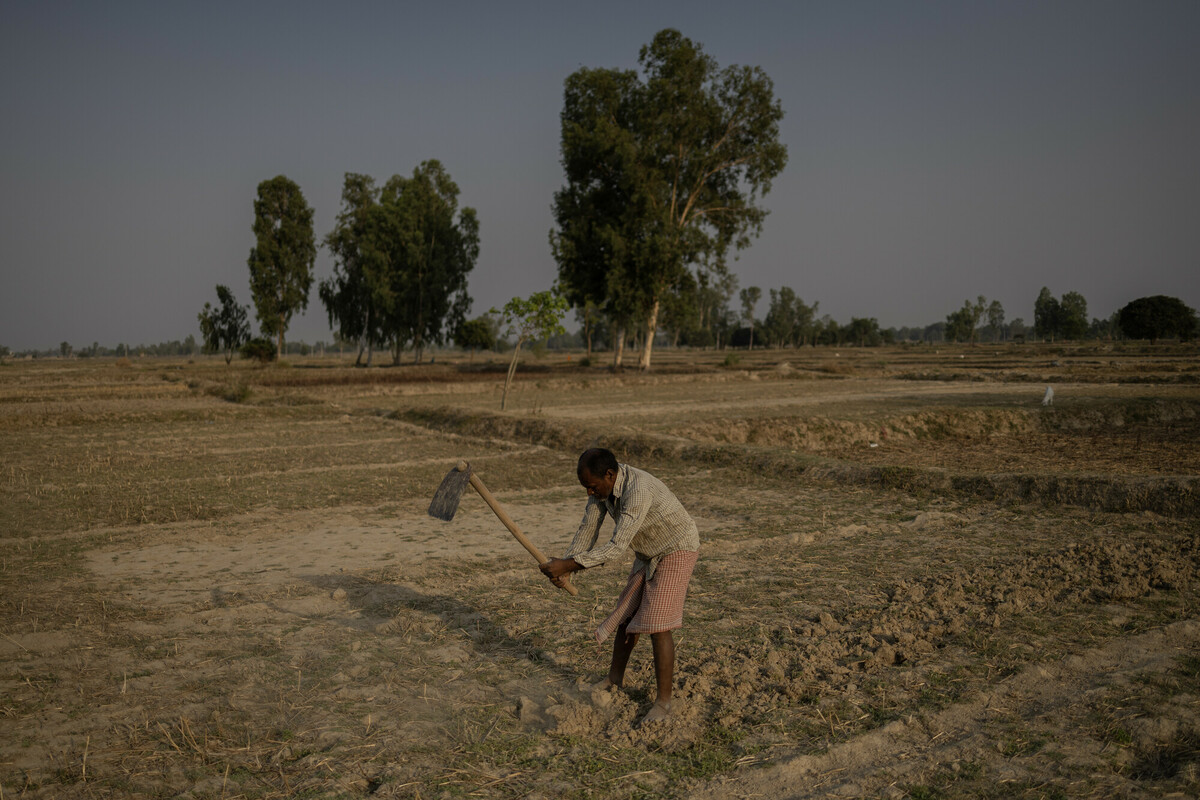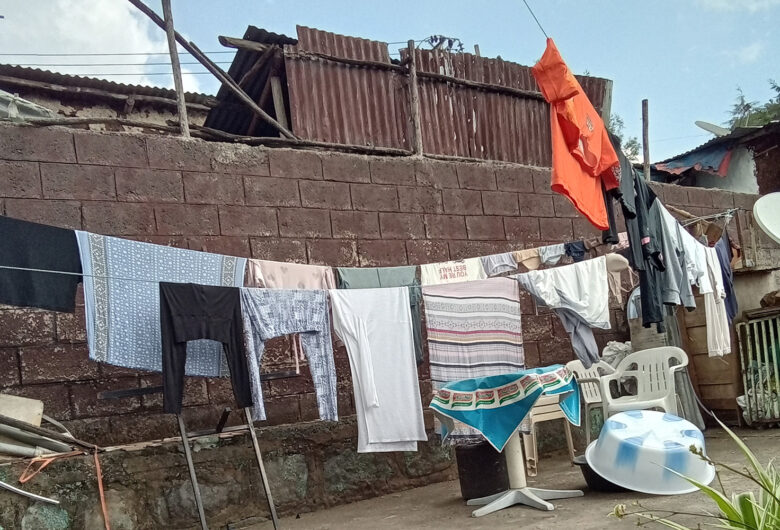Welcome to the Freedom Fund’s monthly bulletin designed to bring you new and compelling research from the global anti-slavery movement.
People without official identity documents risk a cycle of exploitation
The United Nations University Centre for Policy Research, in collaboration with the Freedom Fund, examines the heightened risk of modern slavery faced by an estimated 850 million people worldwide who lack access to official documentation. Based on a literature review and insights from 171 experts, including survivors in Brazil, Kenya and Nepal, the study reveals how people without legal documents struggle to access basic services. They are often pushed into informal, dangerous, and exploitative work, particularly in agriculture and informal sectors. In Kenya, only 67% of children are registered at birth, compared to 77% in Nepal and 96% in Brazil.
The path towards economic independence for female returnees in Ethiopia
An evaluation of a project supported by The Freedom Fund and Walk Free explores the path to economic independence for female survivors. Between 2021 and 2024, 240 former domestic workers who faced exploitation in Gulf states were supported to complete training and secure employment in Ethiopia’s hospitality and food industries. Among the sampled trainees, over 90% secured employment using their new skills and 98% felt in control of their current working conditions, up from 54% who said that about their previous job. However, many participants expressed concerns about the low wages locally and over half (59%) of the women would consider migrating abroad again.
Forced labour exposure in the Marine Stewardship Council (MSC) program
A paper in NPJ Ocean Sustainability assesses the risks of forced labour in the tuna supply chain certified by the MSC program, which claims to cover 59% of the world’s wild tuna catch. Using public data on 3,327 vessels with MSC certification, the study reveals significant gaps in MSC’s records, with owner information missing for most vessels. Self-declaration forms submitted by clients to the MSC also showed a poor understanding of labour laws and minimum age restrictions. Notably, a company whose vessel was banned from the USA for forced labour is still named on an active MSC certificate. These findings suggest that the MSC’s claims of preventing forced labour in its certified tuna supply chain are not supported by its own data.
Risk factors linked to the commercial sexual exploitation of girls in Bangladesh
Shato-Mariam University of Creative Technology in Bangladesh leads a study on the socioeconomic factors associated with the commercial sexual exploitation of girls in Dhaka. The study surveyed 385 respondents aged 18 or younger, all survivors of sexual abuse or commercial exploitation. It found that factors such as poverty, child marriage and divorce, a history of rape and gender-based violence, insufficient family support and social instability are statistically linked to increased risk of a girl or young woman experiencing trafficking and commercial sexual exploitation. The study highlights the need to address these economic and sociocultural factors to protect vulnerable children.
Impact of policies on child marriage and early pregnancies in sub-Saharan Africa
A study led by Stony Brook University investigates the links between the legal minimum age for marriage, education policies, and rates of child marriage and early pregnancies across 16 sub-Saharan African countries. By comparing policies for girls from 1995 to 2019 with Demographic and Health Survey data since 1999, the study found that anti-child marriage policies alone do not significantly reduce early marriage or pregnancies. However, when combined with free school tuition policies, the effects are substantial, especially for girls under 15. The analysis found a 45% relative decrease in the rate of child marriage and a 37% relative drop in early pregnancies among this group.
Read on
A study led by the University of York highlights how price disparity and other market dynamics fuel sex tourism from Singapore and Malaysia to Batam Island, Indonesia, including a growing demand for child victims.
Point Loma Nazarene University and San Diego County Public Safety Office partner on a research that emphasises the importance of financial stability and personal autonomy in trafficking survivors’ reintegration journey.
Cardiff University in the UK investigates key factors in supply chains that impact both climate change and modern slavery, and urges governments to implement stricter regulations.
Freedom Fund news
Join us in-person on 19th September, during the United Nations General Assembly in New York City, to uncover insights and share learnings on tackling exploitative child domestic work.
Visit our Newsroom for more updates.
Research library
Visit our Slavery Research Library to access anti-slavery resources from across the globe.
Contact
The Slavery Research Bulletin is produced monthly by the Freedom Fund, a global fund with the sole aim of helping end modern slavery.
Research being featured in this bulletin does not equal endorsement by the Freedom Fund.
Click here to sign up to the Slavery Research Bulletin mailing list.
Photo credit: Filmatory Nepal / The Freedom Fund



